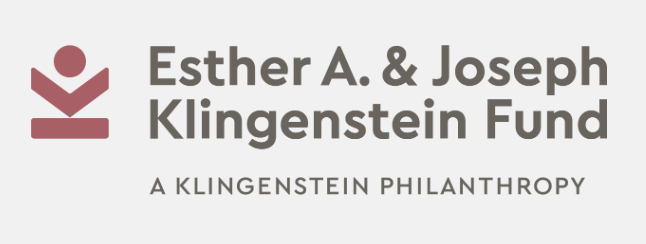Motivation, defined as the energizing of behavior in pursuit of a goal, is shared by all animals to fulfill basic needs for survival, including food, water, sleep, and social interaction. The broad goal of the lab is to understand the fundamental principles underlying the organization and modulation of motivated behaviors, with a particular focus on protein feeding.
Given the global obesity epidemic, illuminating the mechanisms underlying protein feeding may also facilitate the development of novel therapeutic treatment for obesity.
We seek to address questions including:
What are the cellular and molecular substrates mediating the homeostatic negative feedback for protein feeding?
How does protein specific hunger interact with general hunger and regulate total energy consumption?
How is the goal (homeostatic setpoint) for motivated behaviors determined and presented in the brain? And how is individual variability in goal values encoded?
How is compartmentalized signal processing achieved within individual neurons?
To address these questions, we will harness the power of Drosophila model system and employ a multidisciplinary approach including large-scale genetic and behavioral analyses, immunohistochemistry, functional imaging, and patch-clamp electrophysiology.











